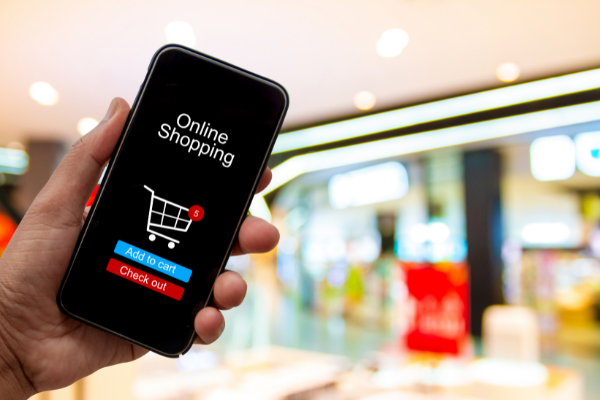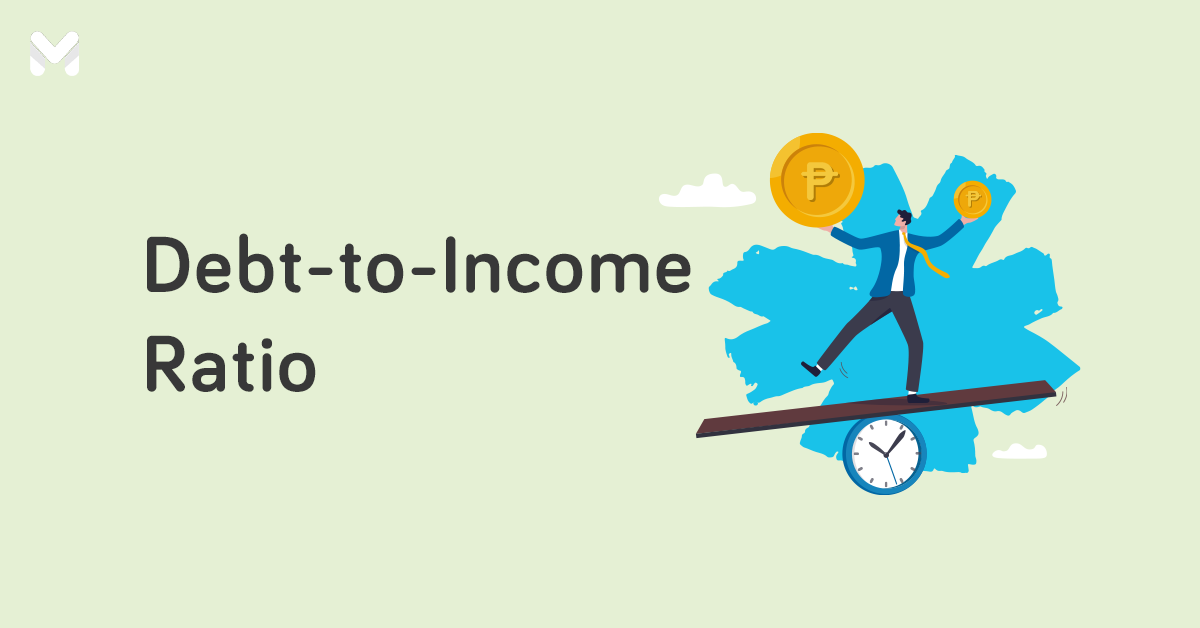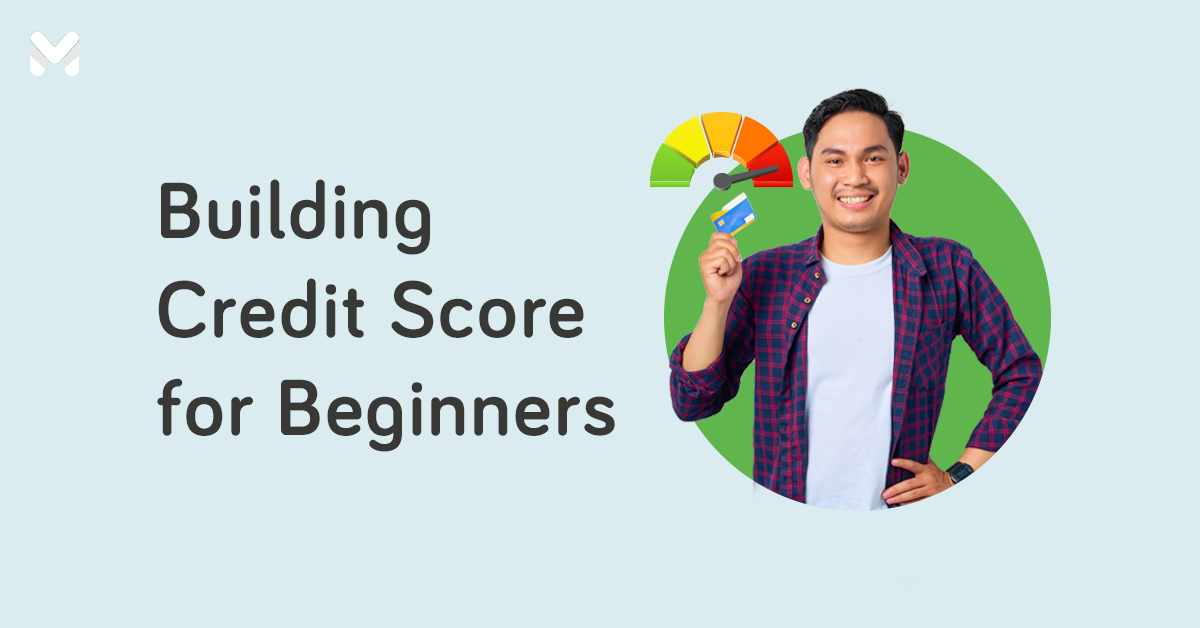In a perfect world, our savings accounts will never run out of money, no matter how many times we withdraw from the ATM. We don’t need to work because the money will just replenish itself. We can buy anything we want, and we can pay for everything in cash.
But sadly, real life doesn’t work this way. Aside from the reality that money doesn’t grow on trees and there are so many things we want but can’t afford, most of us are living paycheck to paycheck, too. Which means we can quickly go broke or face a major financial disaster with just one money mistake.
Living paycheck to paycheck is understandable if you’re just starting out with your career and have a meager salary, or if you’re the sole breadwinner paying for the house, the car, and the kids’ tuition.
But living paycheck to paycheck because you don’t live within your means is a different story. And it’s something that you can easily remedy by making a much-needed change and a few hard sacrifices.
What is the Meaning of Living Paycheck to Paycheck?
Merriam-Webster defines living paycheck to paycheck as spending all your money from one paycheck before receiving the next paycheck. As soon as you receive your paycheck, all of it just goes to paying your bills and other expenses. And then you have to wait again for the next paycheck just to have money to spend.
So what’s wrong with that? At least you have money to pay for things, right? Well, not really. Because what you’re doing is just making sure that your bills are paid and won’t pile up. There’s no real sense of security for today, especially when there’s hardly any money left to put into savings or an emergency fund. In short, one major unexpected expense can disrupt your finances in a big way, even if you’re earning from your job.
Read more:
- Budgeting Tips for First-Time Employees
- Habits to Help You Build a Fortune on a Small Salary
Stop Living Paycheck to Paycheck with These Helpful Tips
If you’re living paycheck to paycheck at the moment, the good news is that you can break free from this cycle. You don’t need to settle with working just to pay the bills. Yes, you can enjoy some breathing room in your budget. But before you can start reaping the benefits, you have to do the hard work first.
Go on a Spending Diet

A spending diet is a commitment to spend as little money as possible for a set period of time.[1] Of course, this doesn’t include the groceries, bills, and loan payments. But other than the essentials and the monthly bills, you don’t spend on anything that you don’t need.
Depending on how long you’ve set your spending diet for (why not try a 30-day money cleanse?), this means skipping the daily iced coffee from your favorite coffee shop, not having your weekend samgyupsal with friends, or removing your shopping apps so that you won’t be tempted to check out items in your shopping cart.
When you do a money cleanse like this, you cut out the unnecessary spending, and you save more money that you can put into your rainy day or emergency fund. You can even use the extra money to fund another financial goal.
But more importantly, you’ll be able to really look at where your money goes and reflect on your financial choices. The longer you go on a spending diet, the more mindful and disciplined you’ll be with your spending.
Identify Your Needs vs Wants

To help you with your money cleanse and spending diet, it’s important to identify which expenses are “needs” and which are just “wants.” Once you do so, you can easily prioritize your spending and determine where else you can cut back.
List down all your monthly bills and all the things that you need to survive on a daily basis under “needs,” like groceries, gas, rent or mortgage, and utilities.
Next, list down the things that you think you need that aren’t exactly considered essential but are quite important to you. This can be your gimik fund, a streaming subscription, or a gym membership. But try to limit the items that you put here.
And then put everything else in your list of “wants.” This list will have the things that you want but can survive without buying. Like a new pair of kicks, or a new lipstick collection, or a new set of skincare products.
Once you finalize your list, decide on how much you want to conservatively spend on your non-essentials each month. Remember that the goal is to control your spending without making you feel deprived, and to stick to your spending diet. Tally your spending in a month, and then stop spending once you’ve reached your spending limit.
Tip: Instead of choosing the path with least resistance, make shopping more inconvenient for yourself. Remove shopping apps from your phone, so you’re not tempted to check out random items on a whim. Put just enough funds in your debit card, and lock your credit card so you won’t be able to use it right away.
Pay Everything in Cash

There’s pain in paying for something in cash. Compared with swiping a credit card or keying in a one-time password, it hurts more to hand over those crisp ₱1,000 bills for that new gadget or that delicious steak meal. And when something hurts, it’s more likely that you won’t want to experience that pain again, or that you’ll delay your next big and painful purchase.
The cash diet is an effective strategy if you want to succeed at your spending diet and start living within your means. Aside from feeling the pain and instant loss when paying in cash, you also have more transparency around your spending. You know right away how much cash you have left to spend, giving you more control over your purchasing decisions.
Out of Sight, Out of Mind

If seeing visually appealing ads on social media triggers your shopping impulse, spend less time on social media. While you’re at it, uninstall shopping apps on your phone, too. This way, those tempting offers won’t live rent-free in your mind. It’s really that simple.
Stop Your Emotional Spending

Don’t use shopping as a coping mechanism when you’re dealing with difficult emotions. So whenever you’re feeling sad, heartbroken, stressed, pressured, or low in energy, avoid the malls and your favorite restaurants. Don’t browse your go-to shopping apps and Instagram stores. Because when you’re feeling down, and you see all those red sale stickers and banners, the tendency is to impulse-buy to get that momentary rush of happiness.
Read more: 8 Salary Increase Negotiation Tips to Get the Pay You Deserve
Final Thoughts
We all dread Petsa de Peligro. I, too, had my fair share of Petsa de Peligro woes when I was just starting out with my career. I was also living paycheck to paycheck, having only ₱100 left in my wallet before the next payday and surviving on instant cup noodles and vendo coffee. It’s not a good feeling, and it’s not a good place to be, financially.
And then I realized that while a higher-paying job can ultimately improve my cash flow, I can also start spending my money the right way. Doing the little things, like not being a payday millionaire, not buying things that I can’t afford to pay in cash, and putting any amount in my savings account really helped me keep my money safe from my magastos and impulsive buyer self!
This article also appeared in the Manila Times.

Source: [1] Have You Tried a Spending Diet? (Financial Highway)









